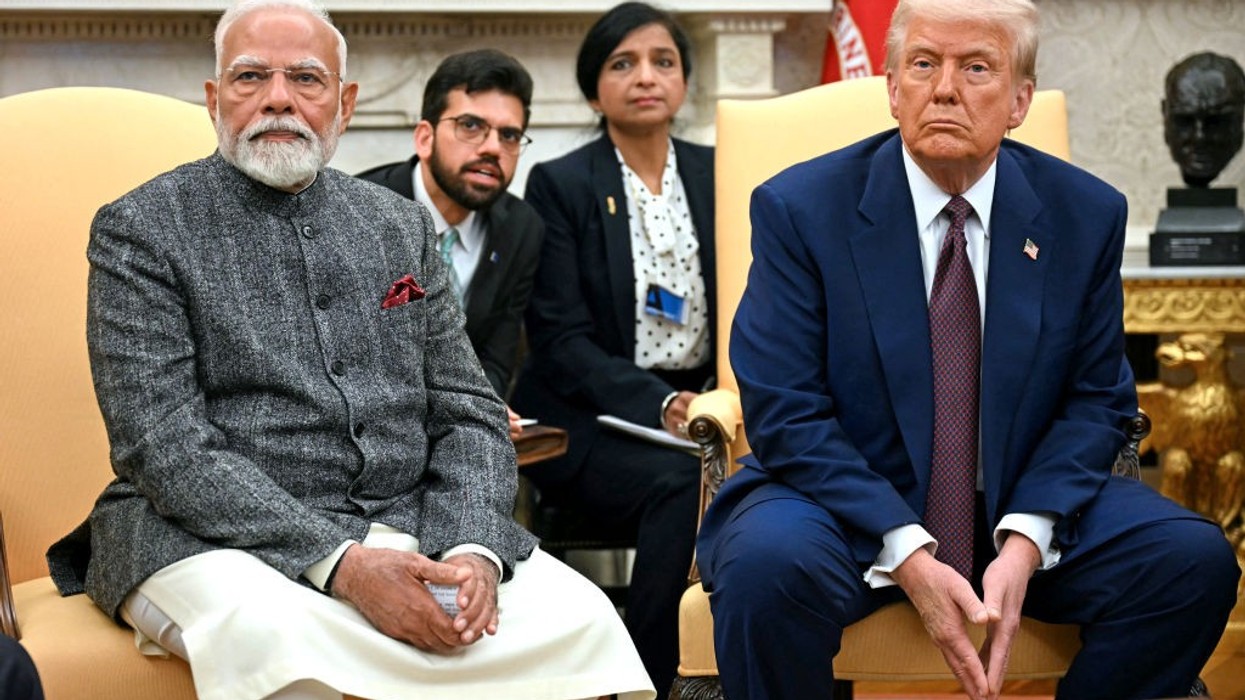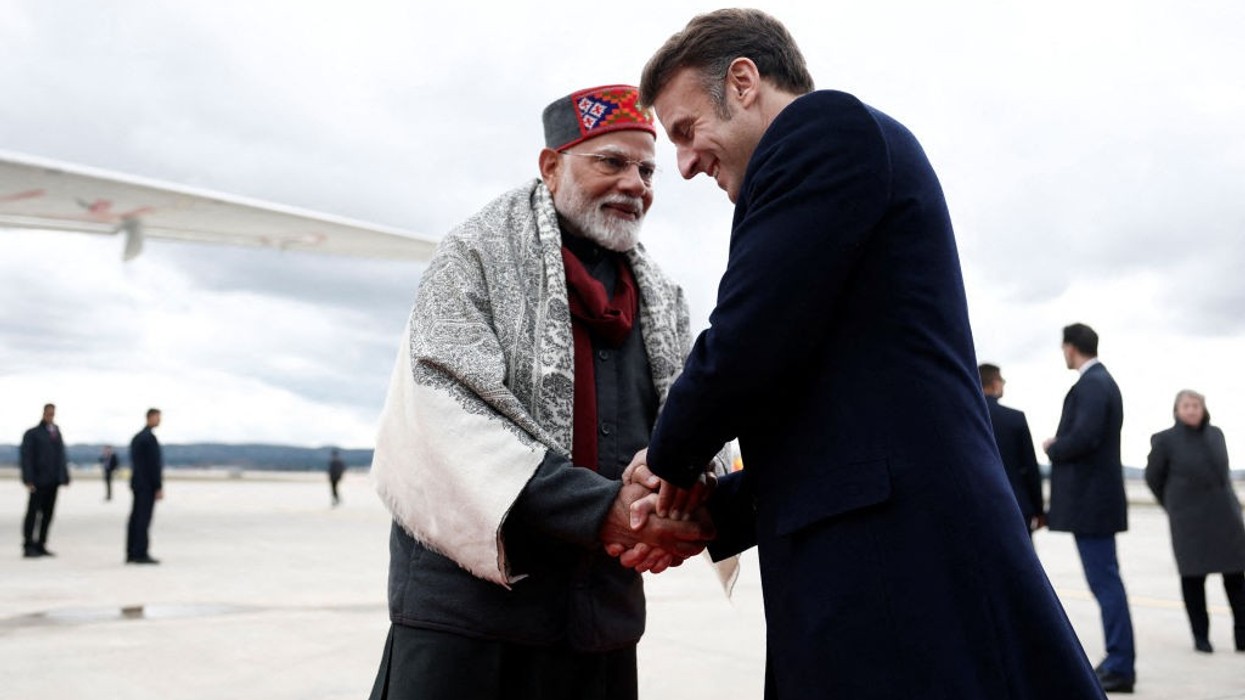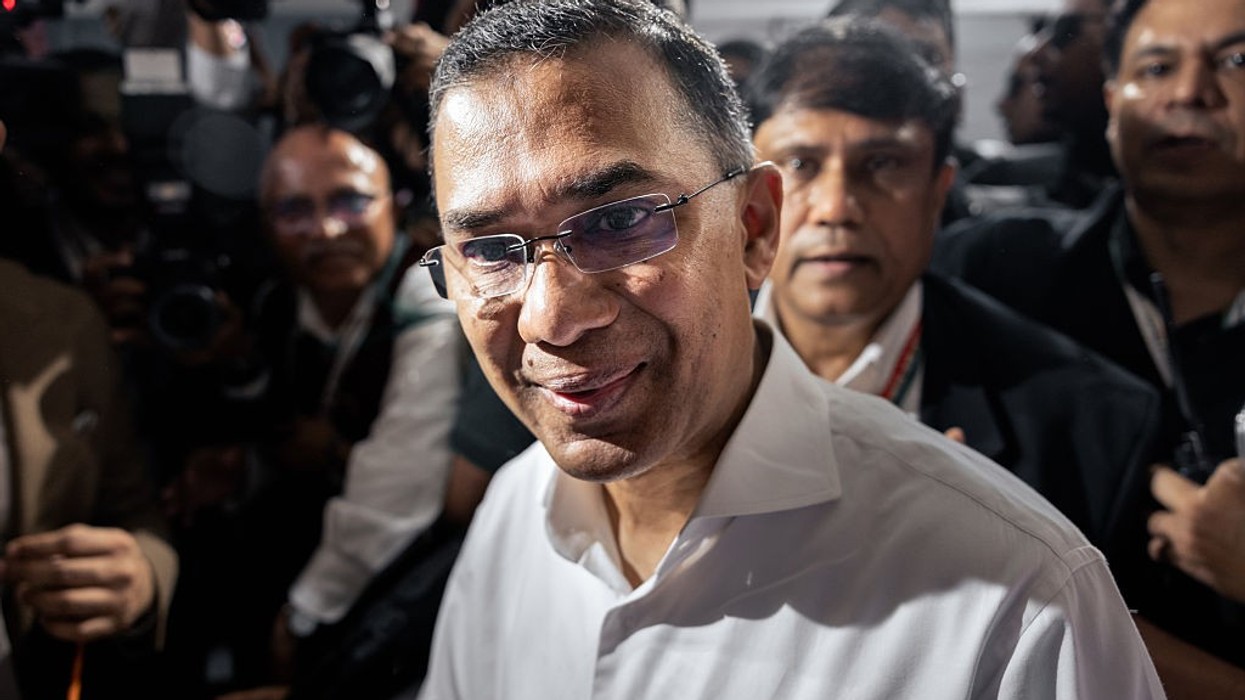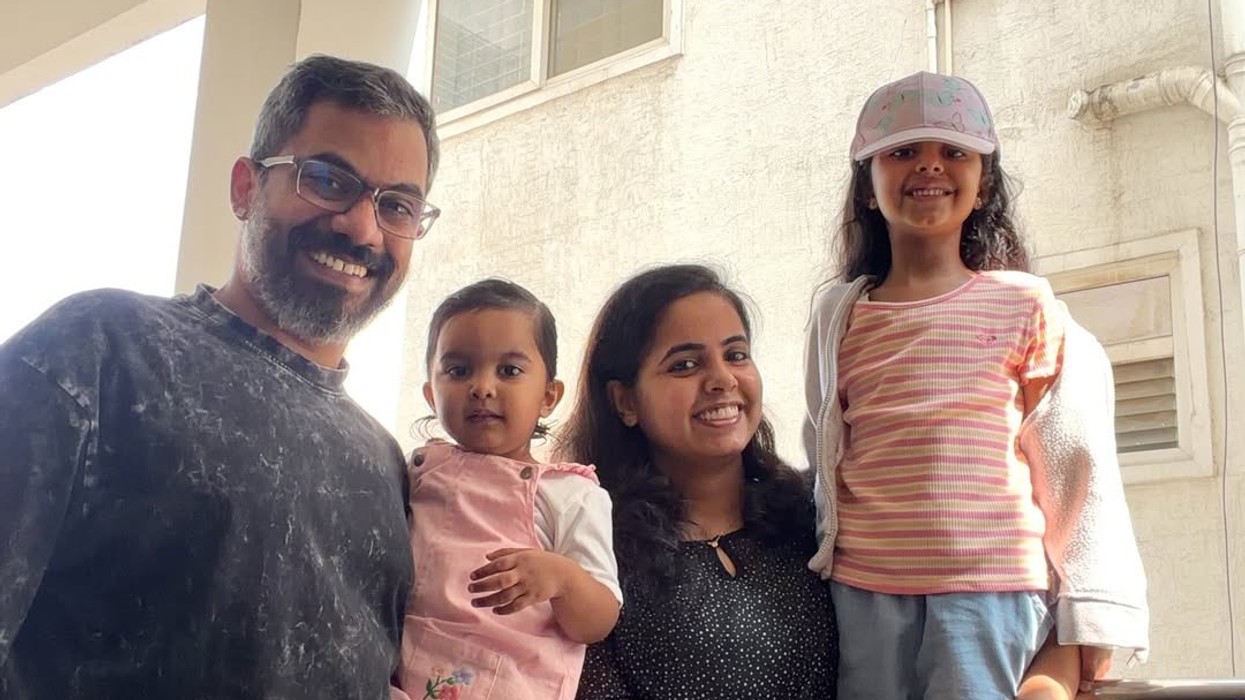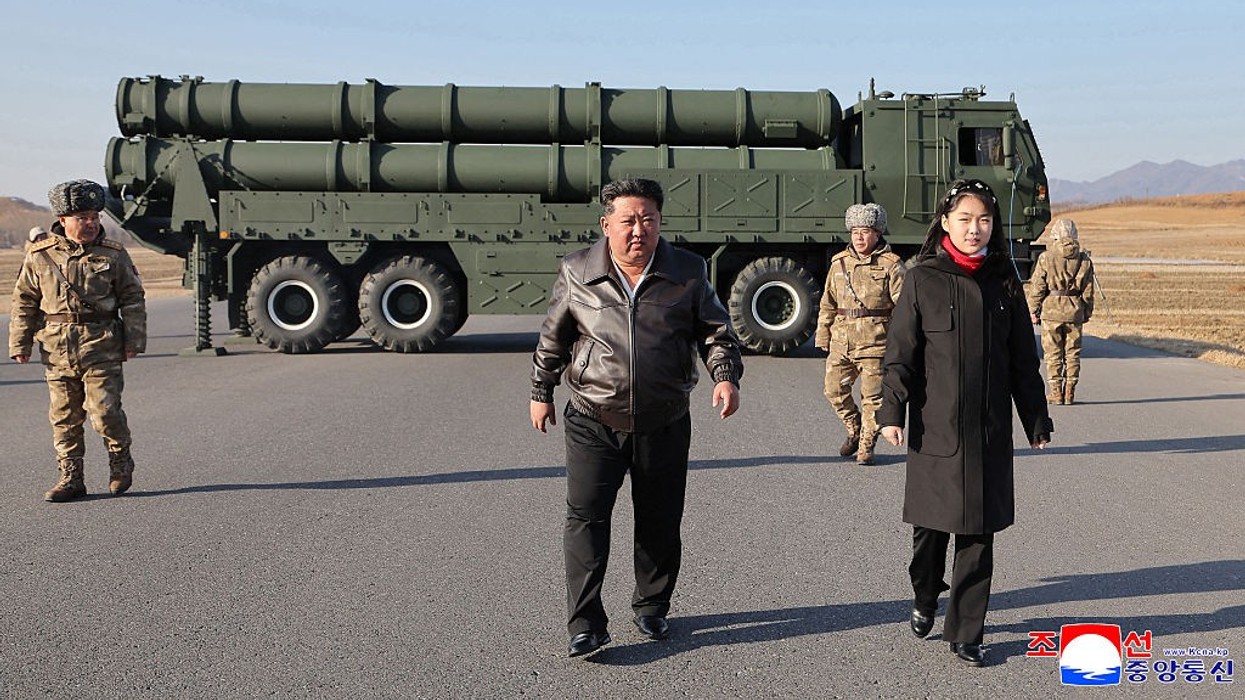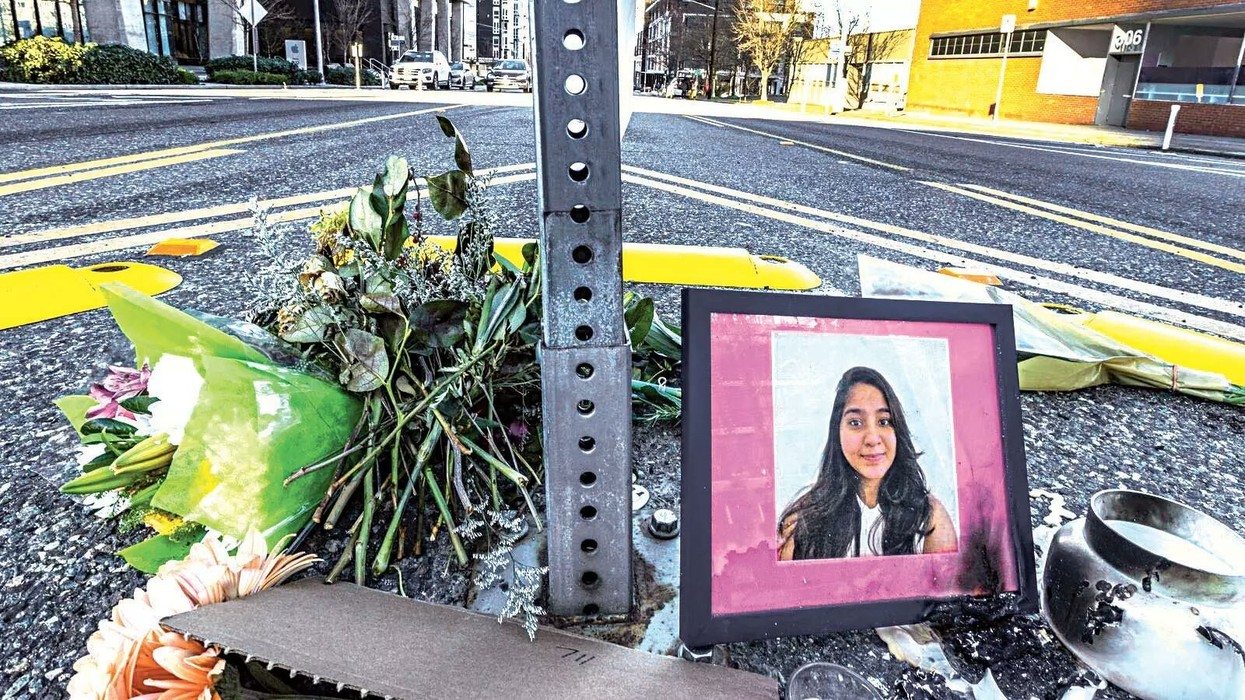The pain of terror struck deeply in the hearts of two Kolkata families after the April 22 Pahalgam terror attack claimed the lives of Bitan Adhikary, a 40-year-old Indian American visiting from the US, and Sameer Guha, a 52-year-old Central government employee.
Both men were on family vacations in Kashmir when they became unsuspecting victims of a cowardly assault that rocked the nation. Now, in the wake of India’s military retaliation dubbed Operation Sindoor, grief has turned into a call for justice.
Bitan Adhikary, who had roots in Kolkata but had moved to the United States with his family, was visiting India for a vacation. Alongside his wife Sohini Adhikary and their 3-year-old son Hridaan, Bitan had planned an eight-day trip to the scenic Valley. It was supposed to be a joyful reunion with his homeland. Instead, it ended in unimaginable horror.
On the day of the attack, Bitan was shot in cold blood, leaving his wife and child traumatized witnesses to a tragedy no family should endure. Their return to Kolkata, scheduled for April 24, never happened as planned. His body arrived back home days earlier—in a coffin.
Now a widow, Sohini’s words to the Indian government were heartbreaking yet resolute. “I have lost my husband. I had appealed for justice from the Government of India, and they have taken action. But I just pray that no woman ever loses her ‘sindoor’ in this way. No wife or child should ever see what we had to witness.” Her emotional plea resonates with many, particularly among the Indian American community who have increasingly become victims in cross-border violence while visiting India.
In response to the Pahalgam massacre, India launched Operation Sindoor on Wednesday (7), striking nine targets in Pakistan and Pakistan-occupied Kashmir, focused on dismantling terrorist infrastructure. The move, hailed by many, brought some solace to the grieving families.
Sharvari Guha, wife of slain government employee Sameer Guha, echoed the sentiment: “We wanted this air strike. The Government should continue until terrorism is finished. Our loss is irreplaceable. My daughter is still in trauma.” Her brother-in-law, Subrata Ghosh, also supported the action, stating, “We were expecting that something would happen… we are happy some action has been taken. But it must not stop here.”
While military operations may not bring back those lost, they offer a measure of justice, a message that terrorism will not go unanswered. For families like the Adhikarys and Guhas, the scars will remain, but the response from the Indian government provides a rare moment of closure amidst heartbreak.
As the Indian American diaspora mourns one of their own, Bitan Adhikary’s legacy becomes a solemn reminder of the cost of peace—and the price families often pay in its pursuit.



